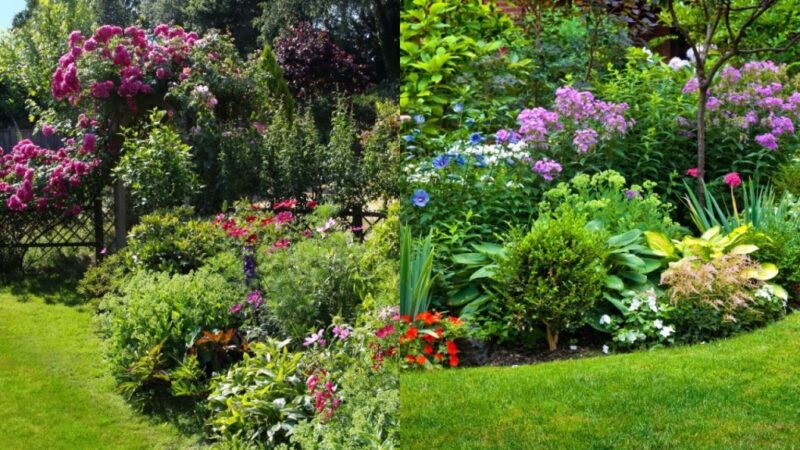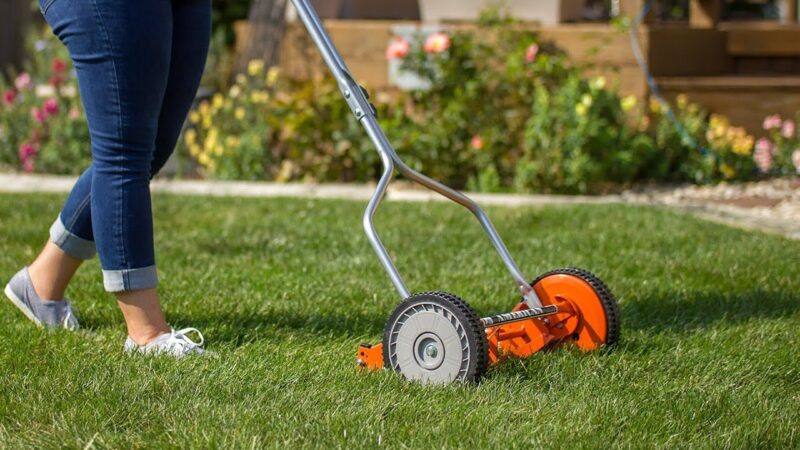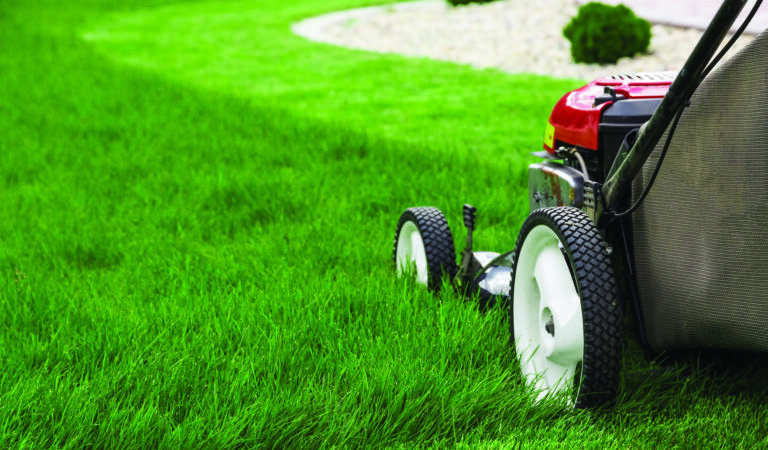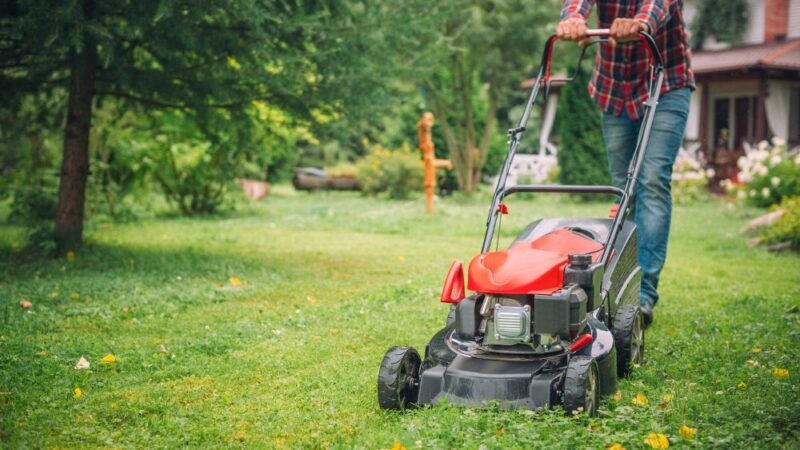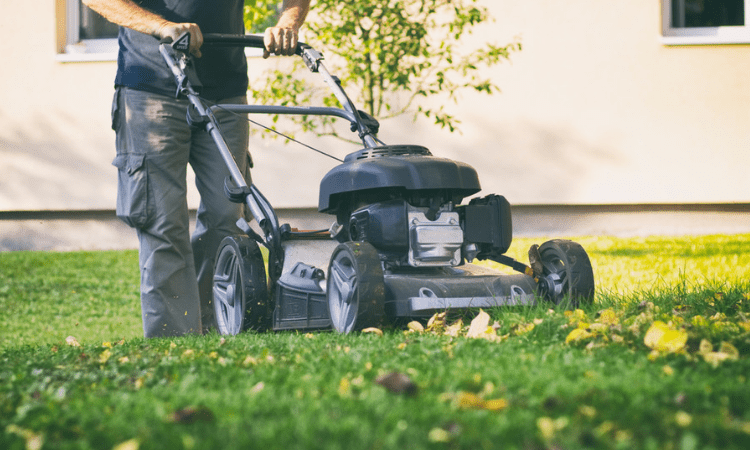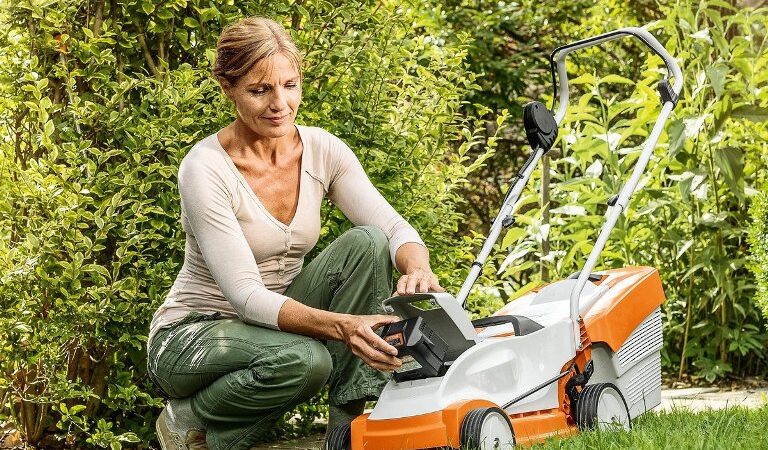How to Grow and Care for Blackberries Plant
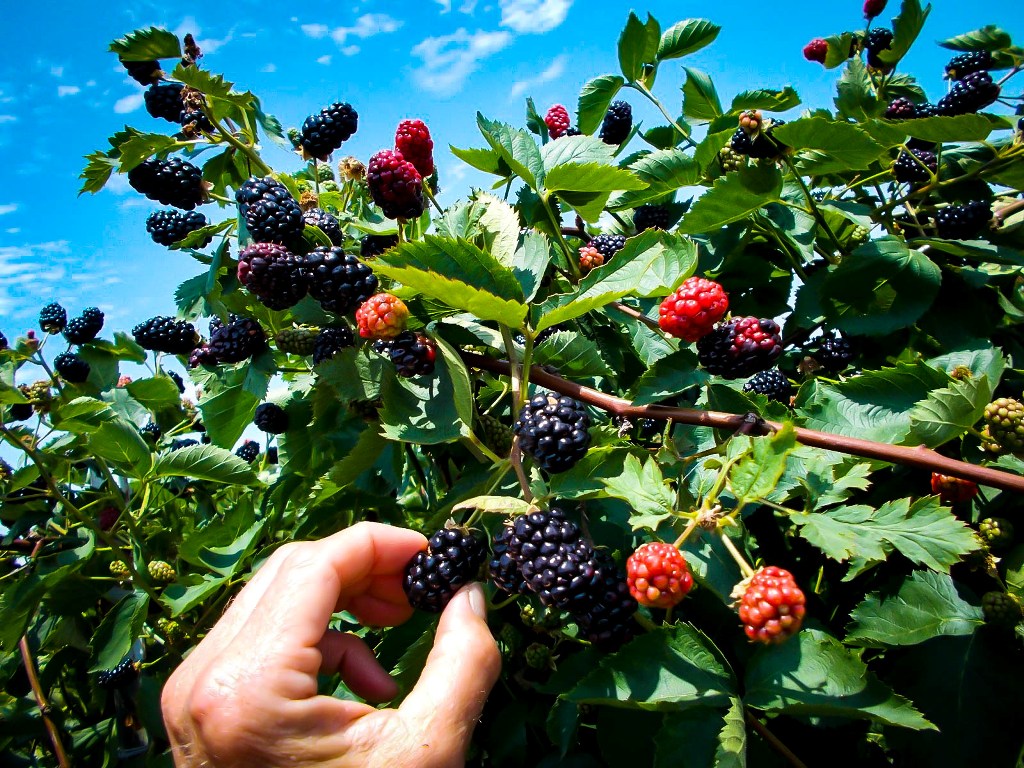
People often love blackberries and people enjoy its delicious sweet taste very joyfully. Scientifically, blueberries are called Rubus, and they belong to the Rosaceae family. The blueberry scrub is called ‘Bramble’ in some areas while ‘Caneberry in others. The latter is more easily recognized than the former. They are native to South America. In countries such as Australia and New Zealand, blackberries are not consumed as fruits. They are considered to be weeds in those countries. However, throughout The USA, they are either eaten as fruits or baked or added as an ingredient.
Blackberries are mainly of three types according to their habits. They may either be erect, semi-erect, or trailing in nature. The erect blackberries have their canes growing upright and hence require no help to stand. They are winter hardy and often give out sweeter berries. The Semi-erect Blackberries can either have thorns or also be thornless. When compared, the semi-erect Blackberries may not be as sweet as the former. However, they, too, have large berries. The trailing Blackberries can have thorns or be thornless. Trailing Blackberries also require support to stand up like the semi-erect Blackberries.
Suitable Conditions
It is always a good idea to choose the right season, right place, and the right companions for the plant to have the best growth. While planting, it is preferred that Blackberries are kept away from tomatoes, potatoes, or even strawberries as they may help the Blackberries catch a disease. Since the Blackberries have the quality of being self-fertile, small amounts of plants will also provide plenty of fruits. When the canes start to go dormant during the early spring, it is the best time to plant Blackberries. Planting can also be done in the fall.
Preference For Light and Fertilizers

When it comes to selecting a perfect place for the Blackberries to grow, it is highly recommended that the Blackberries are kept in a spot where the sunlight hits directly. Blackberries love to be under the full sun. They can also tolerate light shade; however, they do not prefer it. When the Blackberries are kept under shaded areas, they may not show optimum growth and may not bear a good amount of fruits. The Blackberries are not very heavy feeders. Before the new growth comes, the plant should be fertilized before spring. The new plants should be fertilized with an all-purpose fertilizer as 16-16-8 or as 10-10-10.
Soil and Watering Requirements
While planting the Blackberries, it is to be made sure that they are planted in soil that provides good drainage. For expecting the best growth, adding organic content is essential to make the soil rich. Sandy loam that is not acidic is recommended. The pH of the soil should range between 5.5-6.5. Planting the Blackberries in raised beds is also a good idea in case there is a lack of properly drained soils. The Blackberries require low maintenance after they get established. Until then, the plant should be provided with all the care that it requires. It should be watered thoroughly with an inch of water. It should be watered regularly once every week. Watering requirements differ according to the weather.
Problems with Blackberries

While buying a variety of Blackberries, make sure to buy a disease-free one. While planting, make sure to provide proper spacing to avoid problems. For the trailing type, spacing 4-6 feet apart is recommended. For erect type space them 2-3 feet apart. When it comes to semi-erect type, space them 5-6 feet apart. Blackberries can often be exposed to various pests like Crown Gall, Aphids, Cane Borer, Cane Blight, Spot Anthracnose, Orange Rust, fruit rot, Powdery Mildew, Fruitworm, Mites, Japanese Beetle or Leafroller. Proper care should be taken to avoid them.
Once the plant is ready with the Blackberries, harvesting twice a week is recommended until no fruits are produced. This is because the Blackberries should not be picked out in one ripe. A bush of Blackberries can give out about 10-20 pounds of fruits.
There are various kinds of fruits which are edible by nature. Blackberries are one of them. They are very easy to recognize and are considered to be completely safe.
Blackberries are a fruit that is not only delicious but also provides various health benefits, which makes them safe to consume. However, nothing eaten in excess quantity is good for health. Eating too many Blackberries can result in higher sugar levels.
